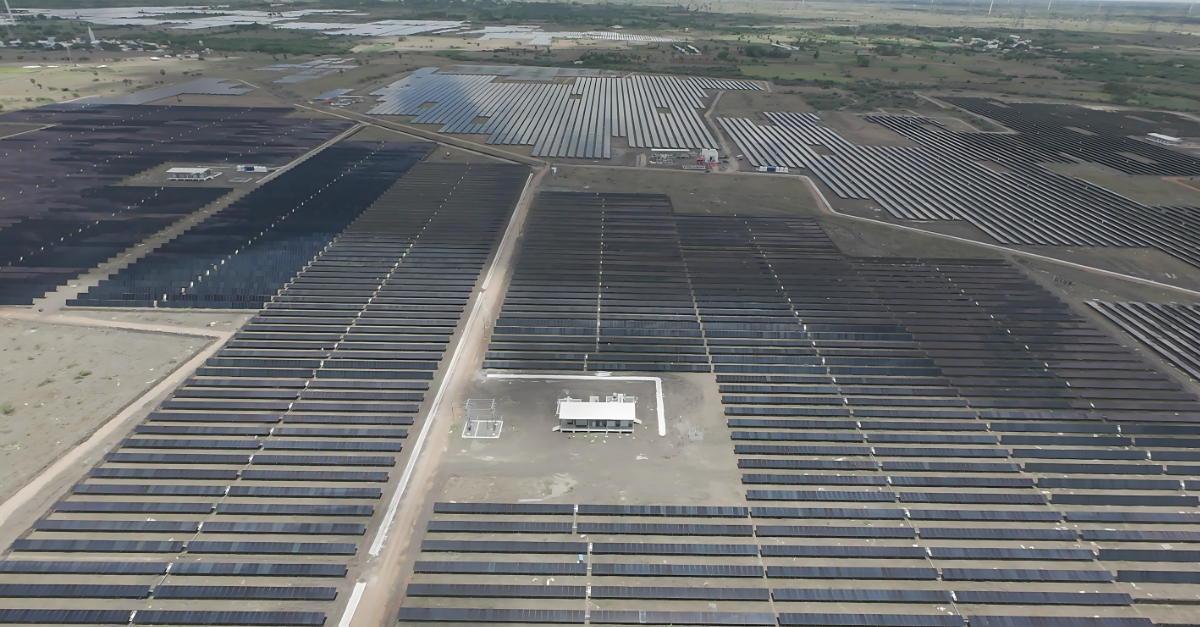As Africa grapples with the profound impacts of climate change, the role of climate tech startups has never been more critical. These ventures, often at the forefront of innovative solutions, are not only addressing pressing environmental challenges but are also contributing to economic development across the continent. However, the journey to success for these startups is paved with unique challenges that require a multifaceted approach. Among the key factors driving the success of climate tech startups in Africa are blended finance, local partnership ecosystems, regulatory support, and the ability to scale through innovative technology deployment.
Blended Finance: Unlocking Capital for Innovation
Blended finance, which strategically combines public, private, and philanthropic capital, is emerging as a cornerstone in the growth of climate tech startups across Africa. In a continent where traditional venture capital remains nascent, blended finance structures offer a viable solution to bridging the funding gap and scaling critical innovations.
A prime example of the power of blended finance can be seen in the development of Africa’s largest gas-to-methanol plant in Akwa Ibom, Nigeria. This ambitious project, led by Blackrose, International Finance Corporation (IFC), and Africa Finance Corporation (AFC), leverages a combination of public and private funds to de-risk the venture and attract further investment. The project is set to produce 1.8 million tonnes per annum (MTPA) of methanol, transforming Nigeria’s abundant natural gas reserves into a valuable industrial feedstock while reducing CO2 emissions.
Blended finance models have proven effective in de-risking investments and mobilizing substantial capital. According to the Organisation for Economic Co-operation and Development (OECD), such transactions attracted over $140 billion in private sector capital for development projects globally between 2012 and 2018. In Africa, initiatives like the African Development Bank’s partnership with various entities aim to leverage $100 billion in private sector capital by 2030, signaling the critical role of blended finance in fostering innovation and sustainability.

Local Partnership Ecosystems: Building a Supportive Framework
The success of climate tech startups in Africa is heavily dependent on the strength of local partnerships. These collaborations provide startups with the necessary infrastructure, market access, and local knowledge required to tailor their solutions to the unique needs of African communities.
In Nigeria, the gas-to-methanol project led by Blackrose and co-financed by the IFC and AFC is a testament to the power of strategic partnerships. This project is not only transforming Nigeria’s natural gas reserves into a low-carbon industrial resource but is also creating over 18,000 jobs and catalyzing local manufacturing activity. The collaboration among local and international partners ensures that the project benefits from both global expertise and local insights, driving sustainable economic development.
Similarly, Holocene, a South African startup focused on climate resilience, has successfully partnered with local municipalities and universities. These partnerships have enabled Holocene to leverage local expertise and infrastructure, resulting in more accurate climate risk assessments and tailored solutions for vulnerable communities. This collaborative approach has also facilitated the development of a supportive ecosystem through education and training, addressing gaps in research and development (R&D) facilities and increasing local STEM talent.
Regulatory Support: Creating an Enabling Environment
Navigating Africa’s complex regulatory landscape is a critical task for climate tech startups. While the continent has made strides in creating policies that support innovation, the regulatory environment remains challenging due to fragmentation and inconsistency across different countries. However, engaging with policymakers to advocate for supportive regulations and incentives can create a more favorable environment for growth.
In South Africa, regulatory initiatives like the Green Economy Accord have been instrumental in promoting green technology adoption and providing financial support to sustainable startups. This policy framework incentivizes the development of renewable energy solutions and supports the commercialization of innovative technologies, creating a conducive environment for climate tech ventures.
The South African Renewable Energy Business Incubator (SAREBI) exemplifies how blended financing can be effectively utilized to support startups. Supported by the Industrial Development Corporation (IDC) and the Department of Trade, Industry, and Competition (DTIC), SAREBI helps climate tech companies access the resources they need to develop and commercialize renewable energy solutions. This initiative underscores the importance of regulatory support in driving innovation and ensuring the success of climate tech startups.
Scaling Through Innovative Tech Deployment
The ability to deploy innovative technologies at scale is crucial for the success of climate tech startups in Africa. Startups that effectively leverage advanced technologies, such as smart grids, renewable energy solutions, and sustainable infrastructure, are better positioned to address the continent’s unique challenges and achieve meaningful impact.
Zimi Charge, a South African electric vehicle (EV) startup, is a prime example of scaling through innovative tech deployment. Founded in 2021, Zimi Charge has rapidly expanded its EV charging network across South Africa, providing accessible and sustainable charging solutions. This expansion has enabled EV owners to reduce fuel costs by up to 90% while significantly lowering their carbon footprints.
Similarly, Plentify, another South African startup, has made significant strides in optimizing energy usage and reducing carbon footprints through its smart energy management solutions. Their flagship product, HotBot, integrates with the electrical grid to manage energy consumption efficiently, reducing peak energy use by 40% and maximum monthly demand by 50%. Such technological innovations not only provide tangible financial benefits to consumers but also contribute to broader sustainability goals.
Notable Climate Tech Startups in Africa
Here are some of the most promising climate tech startups in Africa, along with their founders or CEOs:
- Plentify – CEO: Jon Kornik
- Holocene – CEO: Josh Romisher
- SunCulture – CEO: Samir Ibrahim
- M-KOPA Solar – CEO: Jesse Moore
- d.light – Co-Founder: Ned Tozun
- Fawry – CEO: Ashraf Sabry
- OffGridBox – CEO: Jodie Wu
- Azuri Technologies – CEO: Simon Bransfield-Garth
- BBOXX – CEO: Anthony Osijo
- Jaza Energy – CEO: Jeff Schnurr
- Sun King (formerly Greenlight Planet)- CEO: Anish Thakkar
- Kubik Inc – CEO: Kidus Asfaw
These startups represent the dynamic and innovative landscape of climate tech in Africa, each contributing to the continent’s resilience and sustainability in unique ways. As they continue to grow and scale, the strategic integration of blended finance, local partnerships, regulatory support, and innovative technology deployment will remain critical to their success.
Stay updated on climate tech news, market updates, research and data by signing up to Climate Insider’s newsletter: https://lnkd.in/dwr7B9XJ
Featured Image: Credit: Coinmarketcap








